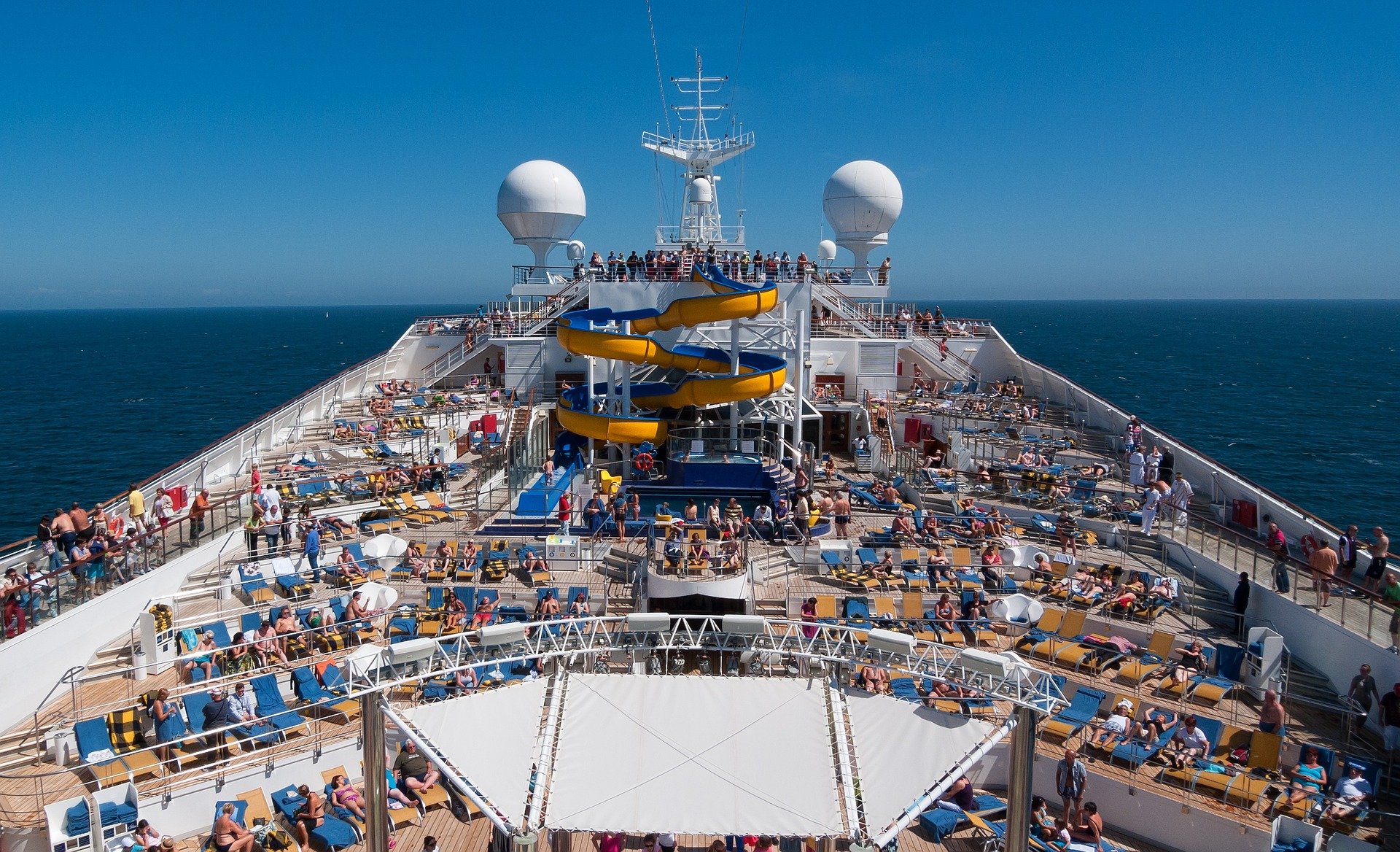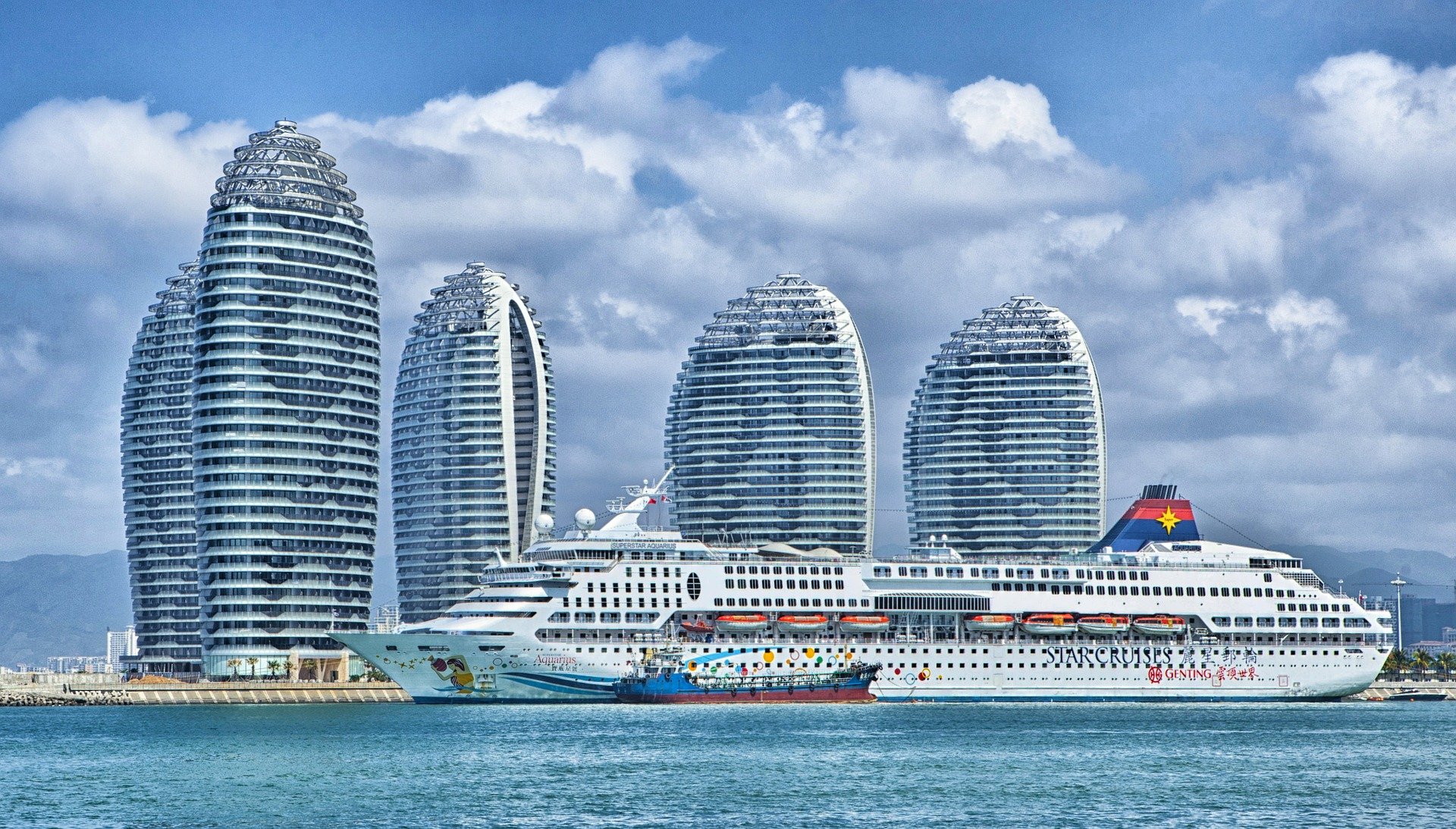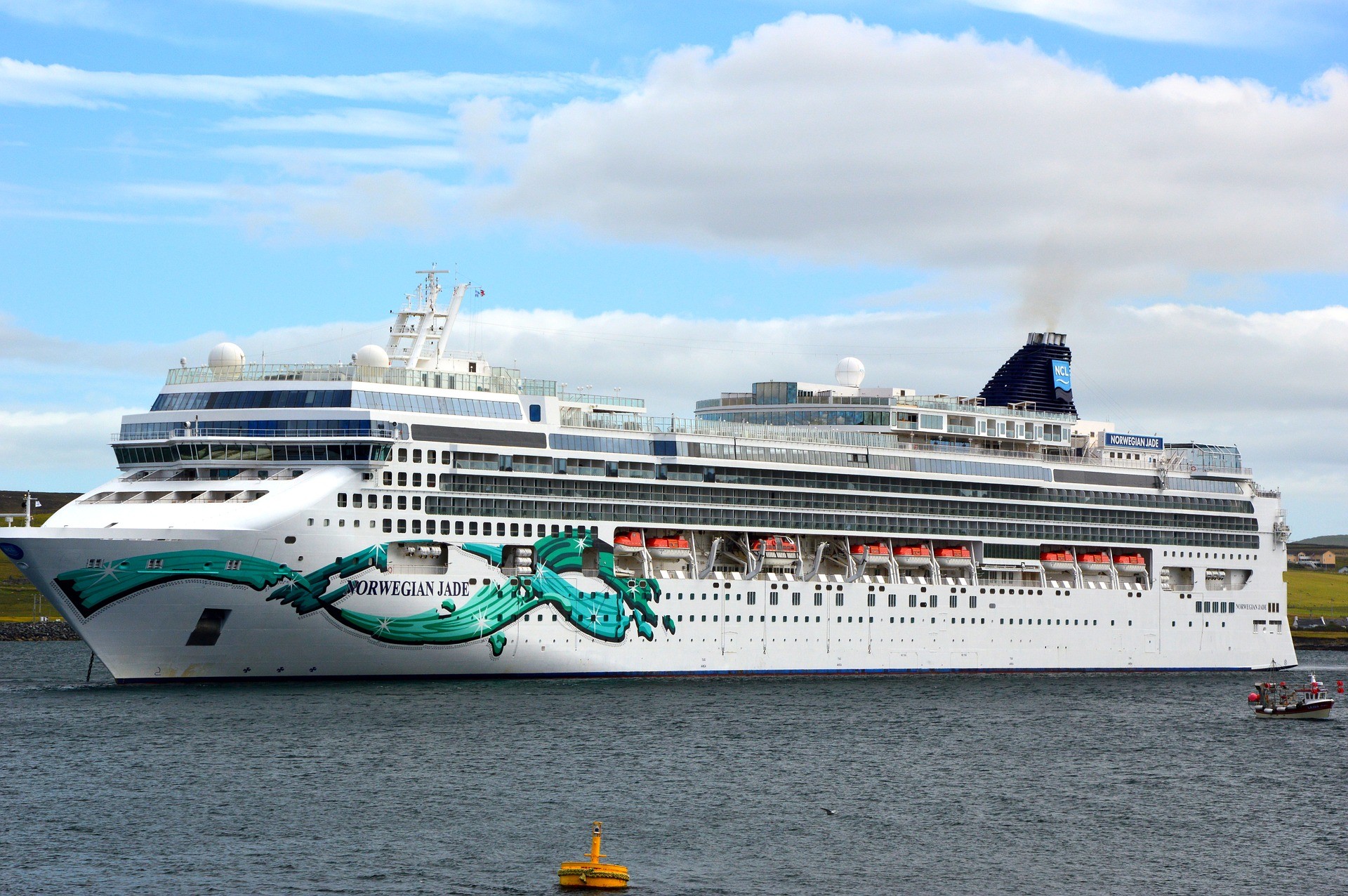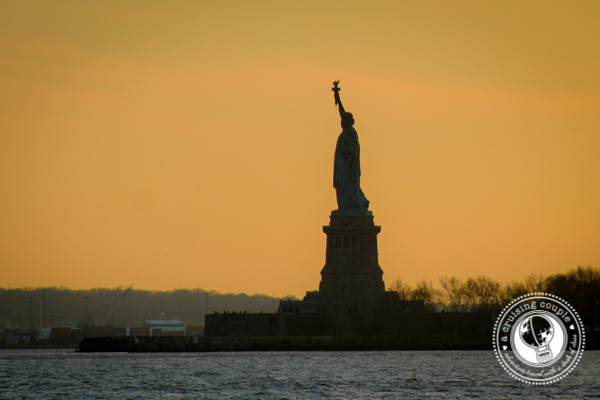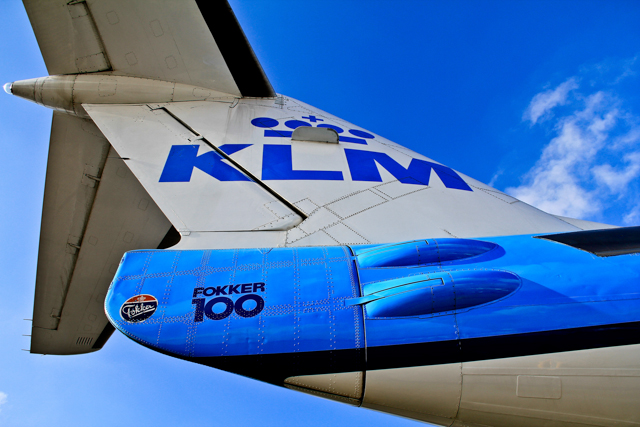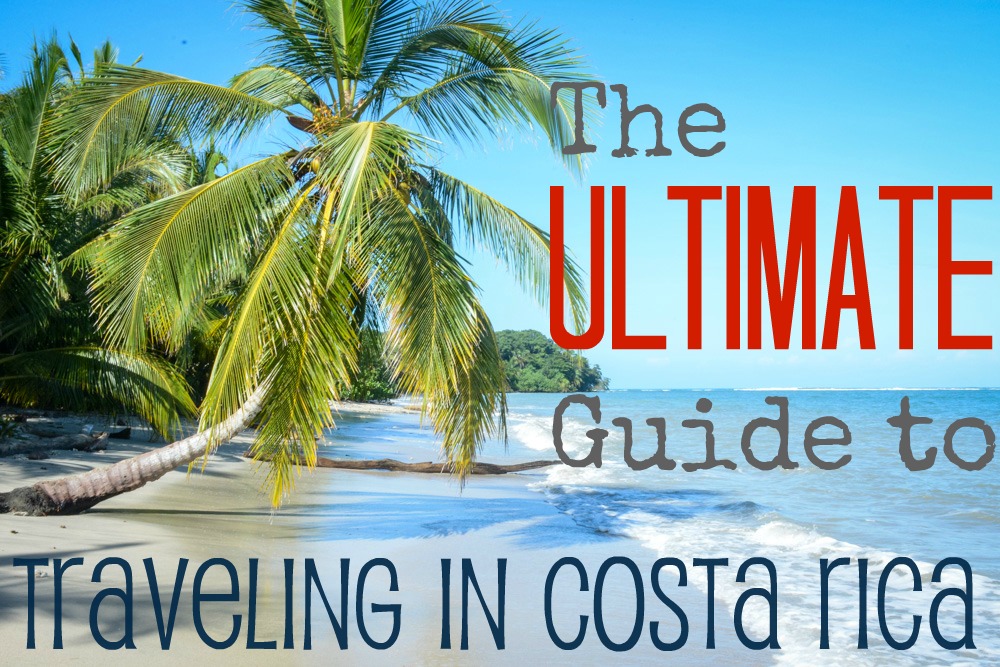Cruises are a widely popular vacation idea for many people. Typically, you don’t need to fly but still can see great destinations and relax. Some even include unlimited food, drinks, have 100’s of amenities, and even offer great deals year-round.
Cruises require more overhead costs than you may think. The cost of food, salaries, fuel, taxes, port cost, maintenance, and taxes are extremely high. However, the profit they do not get from each ticket sale is made up for by guest’s purchases while onboard.
Your ticket cost is not just for your lodging and food. A large percentage of your ticket is set aside for all the cruise line’s expenses. They entice you with great quality food, drinks, and all the amenities you could ask for and still make a decent profit. It’s a win for everyone. You may wonder how much profit they make and how they can afford to give great deals so much?
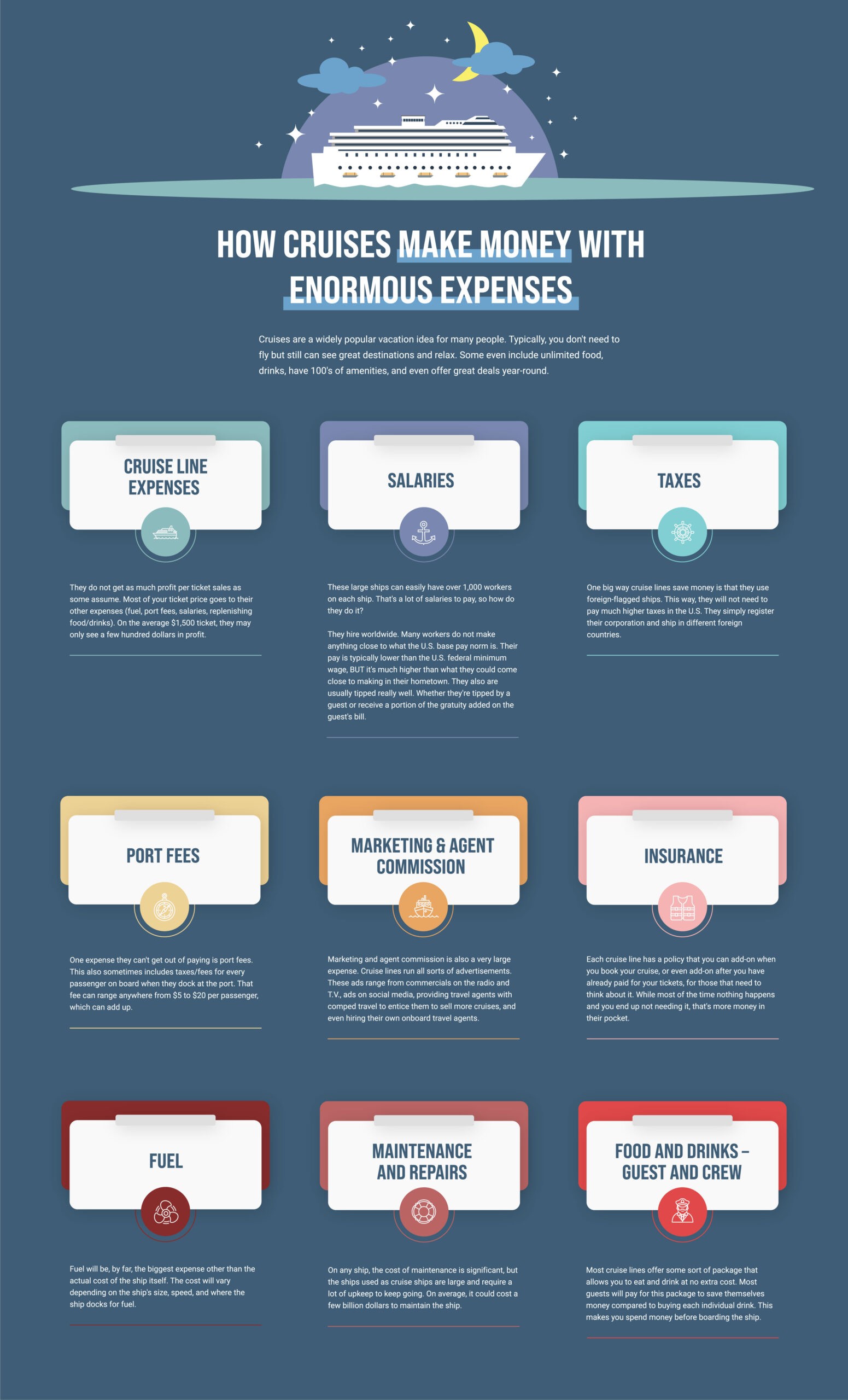
Cruise Line Expenses
Cruises have many expenses that they accrue daily. That doesn’t even take into consideration the actual cost of the ship, to begin with, which can cost anywhere from $300 million to over $500 million. With all that added together, you would think cruise lines would lose tons of money when it comes to their insanely low deals.
They do not get as much profit per ticket sales as some assume. Most of your ticket price goes to their other expenses (fuel, port fees, salaries, replenishing food/drinks). On the average $1,500 ticket, they may only see a few hundred dollars in profit.
Let’s look at some of the costs and how exactly they try and afford all these expenses.
Salaries
The large crew is made up of:
- Hosts/hostess
- Chefs
- Maintenance
- Housekeeping
- Laundry
- Cruise director
- Guest Relations
- Shore excursion directors
- Many more members of the staff that keep the cruise running smoothly
These large ships can easily have over 1,000 workers on each ship. That’s a lot of salaries to pay, so how do they do it?
They hire worldwide. Many workers do not make anything close to what the U.S. base pay norm is. Their pay is typically lower than the U.S. federal minimum wage, BUT it’s much higher than what they could come close to making in their hometown. They also are usually tipped really well. Whether they’re tipped by a guest or receive a portion of the gratuity added on the guest’s bill.
Think of a waitress, usually paid below U.S. min wage, but tips almost always make them come out making far higher than some big named job titles.
Cruise line employees also get:
- Free food
- Drinks
- A crew area where they can wind down and enjoy themselves when off the clock
- They usually even receive free medical care
These are significant additions to the value of their base pay, especially considering they live on the cruise for months to over a year at a time.
Seeing the world, all the benefits they receive and providing a good life for their families is enough to make anyone want to apply. It is a demanding job but worth it.
Taxes
One big way cruise lines save money is that they use foreign-flagged ships. This way, they will not need to pay much higher taxes in the U.S. They simply register their corporation and ship in different foreign countries. Which makes sense considering they travel and hire employees all over the world.
Port Fees
One expense they can’t get out of paying is port fees. This also sometimes includes taxes/fees for every passenger on board when they dock at the port. That fee can range anywhere from $5 to $20 per passenger, which can add up.
This fee is assessed every time the ship docks at any port. There is always some type of fee.
Source: Cruise, Taxes & Fees
Marketing & Agent Commission
Marketing and agent commission is also a very large expense. Cruise lines run all sorts of advertisements. These ads range from commercials on the radio and T.V., ads on social media, providing travel agents with comped travel to entice them to sell more cruises, and even hiring their own onboard travel agents.
Think of all the commercials of laughing faces, beautiful scenes, all you can eat food, and all the amenities. The best way to draw potential guests is by showing actual guests enjoying themselves.
Agents also make a decent commission on every trip they send to the cruise. This falls under advertisement/marketing because that’s what they are doing for the company – drawing people in, being able to talk to a person, and get all your plans figured out is quite nice.
These travel agents can also help to get the guest to purchase add-ons that they otherwise may not have given a second thought had they booked on the website.
Insurance
If you have ever bought a cruise ticket, you have probably also bought travel insurance. The insurance can cover things such as:
- Lost belongings
- Cancellation of the trip
- Even certain medical expenses
Many people don’t realize this, but your health insurance typically does not cover you when you are on this ship or in different countries, unfortunately.
Travel insurance can cost you a lot of money but far less than what you may pay out of pocket if an emergency arises.
Each cruise line has a policy that you can add-on when you book your cruise, or even add-on after you have already paid for your tickets, for those that need to think about it. While most of the time nothing happens and you end up not needing it, that’s more money in their pocket.
Fuel
Fuel is probably one of the most important expenses. After all, you can have a crew, food, and many amenities, but it is all for nothing without the fuel. Fuel can cost around $80,000 to around $2 million every single day per Boating Geeks – Fuel Cost.
Fuel will be, by far, the biggest expense other than the actual cost of the ship itself. The cost will vary depending on the ship’s size, speed, and where the ship docks for fuel.
Maintenance And Repairs
On any ship, the cost of maintenance is significant, but the ships used as cruise ships are large and require a lot of upkeep to keep going. On average, it could cost a few billion dollars to maintain the ship.
This is another expense they can’t fully get around. However, if they keep the ship maintained well, they are far less likely to come across a large issue as often.
Food And Drinks – Guest and Crew
Most cruise lines offer some sort of package that allows you to eat and drink at no extra cost. Most guests will pay for this package to save themselves money compared to buying each induvial drink. This makes you spend money before boarding the ship.
When you buy their add-ons before boarding, you easily forget about that expense and don’t add it to your overall onboard budget. In fact, it’s a psychological trick because, in the moment, you feel like you’re getting a bonus.
While the crew does get free food and drinks, the cost doesn’t cut into the cruise line’s budget much.
Products They Sell On-board
Cruise lines get everything they sell onboard (like most stores) for a lower price and make a profit on each item. Those little keychains and t-shirts all provide a small profit per piece but just think of the thousands onboard all buying for themselves and for family back home. They add up.
Deals – Last Minute
Even with all their expenses, they still make a profit, allowing them to give great deals all year round. They love a full ship; unused rooms are not great in any type of hotel/resort/cruise business.
They may give deals during certain seasons that may not likely fill the ship. They also figure that if you spend a little less on your ticket, you most likely will spend more onboard, so they will make their money either way.
For example, if you save about $400 on your ticket, that’s $400 you will likely spend onboard the ship because, in your mind, it was already meant to be spent towards the trip anyways.
Another great time to get a good deal is at the last minute. Rather than have an empty room, they would much rather give a great deal for last-minute travelers.
How Cruise Lines Get You To Spend Money
It is a simple method. When you are spending a couple of thousand dollars for a trip, it makes the little added upgrades seem like pennies. What’s $100 for a drink package when you have already spent thousands?
There is also really good value on the extra packages; they are not a rip-off. As you are enjoying your time on the ship, not paying for food or drinks (or any other amenities packages you pre-purchased) makes you feel like you have not spent much.
You may buy more items, tip more, feel better about spending, and have a stress-free enjoyable cruise.
Key Take Away
- Cruises do have tons of expenses; however, they still make a little profit per ticket that adds up quickly when they have a full ship.
- Each ticket sale goes toward most of the expenses, leaving a small profit behind per ticket, meaning onboard sales are where the cruise lines truly make a profit.
- Deals will be given often, hoping you will spend some on board with your saved ticket money.
- Cruises are a great and affordable way to see the world in luxury.
Source:

